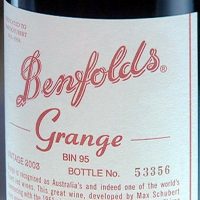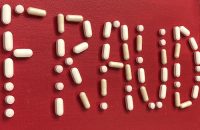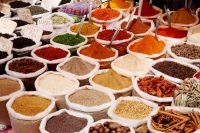Recently, a group of researchers published a paper that documented unique chemical “fingerprints” left by whiskies after evaporation that could be used to identify the origin (specifically, American whiskeys in relation to Scotch and Irish whiskies.) Authentication of value-added label attributes in wine and spirits is important for protection of producers, brands and markets. Other examples include varietal fraud and geographic indication misrepresentation with wines and counterfeit production (intellectual property infringement) of a variety of spirits.

Unfortunately, alcoholic beverages are also prone to fraud involving the addition of substances that can cause illness or death. This often happens at the local level, with the production of “moonshine” or other unlicensed spirits. Some of the substances used have included methanol, isopropyl alcohol and industrial-grade alcohol.
One notable incident from the 1980s had global implications and severe market effects. Diethylene glycol was added to Austrian wines, resulting in recalls around the world when the adulteration was detected. Fortunately, no illnesses or deaths were reported. Just a year later, methanol added to Italian wine caused both hospitalizations and deaths. More recently, incidents involving the addition of methanol to spirits have caused deaths in India, China and Malaysia.
Authentication and traceability for alcoholic beverages, and specifically wines, lend themselves to technology-enabled solutions such as blockchain. On a lighter note, take a look at some of the labels documented by reporters covering the wine market in China. In a high value marketplace such as the wine business, there is no end to creativity in labeling.










